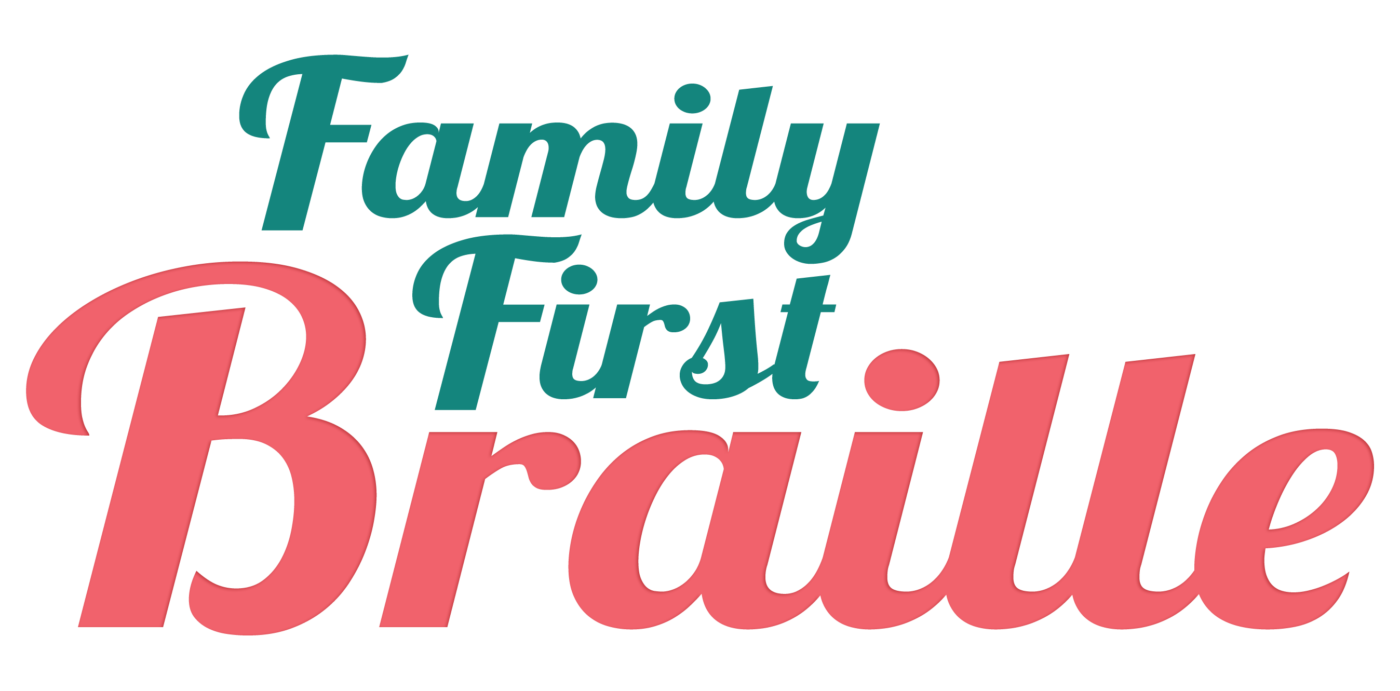We have a special guest post for you today. Ed Carter has written an article about financial planning for people with disabilities and their families. We hope you enjoy it!
Financial Planning 101 for People with Disabilities
Planning for the future looks different when you have a disability. Instead of 401(k)s and IRAs, you have to think about trusts, benefit programs, and how you’ll handle big end-of-life expenses on a small income. As you plan for your financial future, these are the four most important things you need to consider.
Government Benefits
If your disability leaves you unable to earn a full-time income, you’ll rely on government benefits to make ends meet. The main benefit programs serving people with disabilities are Supplemental Security Income (SSI) and Social Security Disability Insurance (SSDI).
- SSI: SSI provides income assistance to low-income adults and children with disabilities. You must meet strict asset and income limits to qualify for SSI. The maximum an individual can receive in SSI benefits as of 2018 is $750 per month. Some states offer supplemental benefits.
- SSDI: SSDI is designed for people with disabilities who have worked and contributed to FICA taxes for at least 10 years. SSDI payments are based on an individual’s earning history, which means benefit amounts vary from person to person. According to Disability Benefits Center, the average payment in 2018 is $1,200 per month.
Health Insurance
Government benefits also help you access health care. If you have a low income, you may qualify for health insurance through Medicaid, which is coverage that’s automatically granted to anyone who receives SSI. Medicaid eligibility varies by state, so it’s important to research the Medicaid program in your area.
After you turn 65, or if you receive SSDI, you qualify for Medicare. If you’re over 65 and have a low income, you can receive simultaneous coverage through both Medicaid and Medicare, further reducing your health care spending.
Because of strict enrollment periods, it’s important that you enroll in Medicare as soon as you turn 65. If you miss your initial enrollment period, you’ll have to wait until the next annual enrollment period. Before enrolling, research what Medicare programs are available in your state so you understand how your health coverage will change.
Special Needs Trusts
Keeping assets in a special needs trust protects your access to important benefit programs. Money held in a special needs trust isn’t subject to consideration for SSI or Medicaid eligibility because money in a trust is owned by the trust, not the individual. An appointed trustee then spends assets held in the trust to pay for qualified goods and services. You can’t serve as your own trustee, but you can appoint a relative or hire an attorney, accountant, or other professional to serve as trustee for you. Learn more about appointing a trustee at Special Needs Answers.
It’s important to create a special needs trust if an inheritance, financial support from family members, or other income would affect your eligibility for the benefits programs you rely on.
Long-Term Care Planning
Many people with disabilities need long-term care services when they’re older. Medicaid will pay for long-term care services for individuals covered under the program. Medicare, however, doesn’t pay for long-term care. If you receive Medicare but not Medicaid, you’ll need to make other plans for long-term care. Long-term care insurance, life-LTC insurance hybrids, and annuities with LTC riders are three products you can use to close the long-term care coverage gap.
You should also consider how you’ll handle end-of-life expenses. Even without a special needs trust, you can set aside funds for a funeral and burial without affecting your benefits eligibility. While some people opt to buy a prepaid funeral plan, final expense insurance may be a better option. While a prepaid funeral plan only covers your funeral, final expense insurance is flexible and may be used for any end-of-life expenses, such as outstanding medical bills.
This is just a brief introduction to the decisions people with disabilities must make when planning for their financial future. For additional assistance with financial planning and navigating benefit programs, talk to an attorney and financial planner with experience in disability issues.


